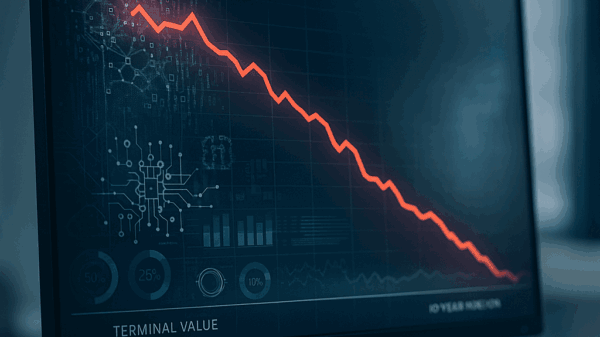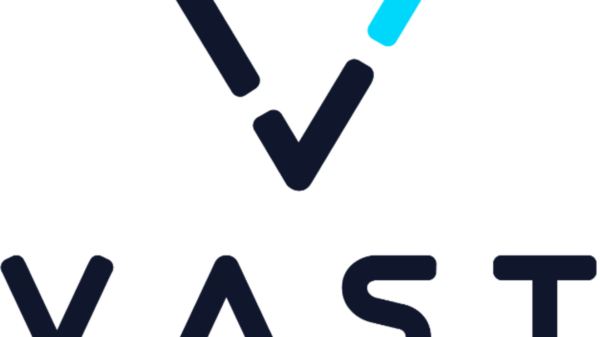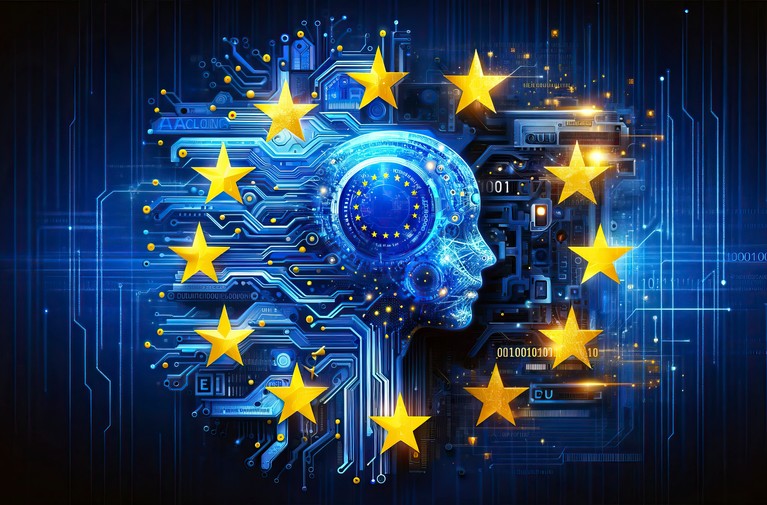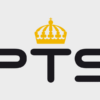In a significant move for the European tech landscape, Italy has recently become the first country in Europe to enact a comprehensive national AI law that aligns with the anticipated EU AI Act. This legislative milestone imposes stringent regulations on various aspects of artificial intelligence, including the use of deepfakes, child protection measures, and sector oversight within the AI industry.
This pioneering legislation has drawn a mix of accolades for its boldness and criticism concerning potential overreach and the absence of independent oversight mechanisms. Legal experts from prominent firms including Herbert Smith Freehills, Clifford Chance, and the Italian firm Orsingher Ortu have shared their insights on the implications of this law.
Overview of the Italian AI Law
The newly passed law represents a crucial step in the European Union’s broader strategy to regulate AI technologies effectively. It features comprehensive rules that aim to protect citizens from the misuse of AI, particularly concerning the proliferation of deepfake technology. With the growing concerns over misinformation and the manipulation of media, this legislation seeks to establish a framework that ensures accountability and responsible use of AI technologies.
One of the focal points of the law is the protection of children, emphasizing the ethical considerations surrounding AI applications in environments frequented by minors. This proactive approach aligns with global efforts to prioritize child safety in an increasingly digitized world.
Industry Reactions and Concerns
The response from the legal community has been mixed. While some experts commend the Italian government for taking a proactive stance on AI regulation, others express concerns regarding the potential overreach of the law. Critics argue that the strict regulations could stifle innovation and create unnecessary barriers for startups and established firms in the AI sector.
Moreover, the lack of independent oversight has raised red flags among legal professionals. They fear that without a neutral entity to monitor compliance, the effectiveness of the law could be compromised. Dario Sabaghi, a noted legal authority, highlighted the necessity of establishing clear oversight mechanisms to ensure that the regulations serve their intended purpose without hindering technological progress.
Broader Implications for the AI Landscape
This legislative development not only sets a precedent within Europe but also reflects the increasing global emphasis on the ethical and responsible deployment of AI technologies. As countries worldwide grapple with similar issues, Italy’s approach may influence other nations considering stringent AI regulations. The balance between fostering innovation and ensuring public safety remains a critical challenge for policymakers.
As the global AI landscape continues to evolve, stakeholders—including tech companies, legal experts, and policymakers—will need to engage in ongoing dialogues to address the complex issues presented by AI technologies. The Italian AI law represents a significant step forward, but its long-term impact will depend on its implementation and the response it garners from the international community.
As the world watches how Italy navigates these regulatory waters, the implications for the future of AI in Europe and beyond remain profound.
 Trump Administration Pauses Executive Order, Paving Way for State AI Regulations
Trump Administration Pauses Executive Order, Paving Way for State AI Regulations CIOs Must Implement Governance Frameworks to Mitigate AI Risks and Drive Innovation
CIOs Must Implement Governance Frameworks to Mitigate AI Risks and Drive Innovation Trump Administration Proposes Executive Order to Override State AI Regulations
Trump Administration Proposes Executive Order to Override State AI Regulations Federal Preemption of State AI Laws: A Necessary Step for National Coherence
Federal Preemption of State AI Laws: A Necessary Step for National Coherence Lawmakers Urge AI Experts to Address Mental Health Chatbot Risks and Data Privacy Concerns
Lawmakers Urge AI Experts to Address Mental Health Chatbot Risks and Data Privacy Concerns




































































